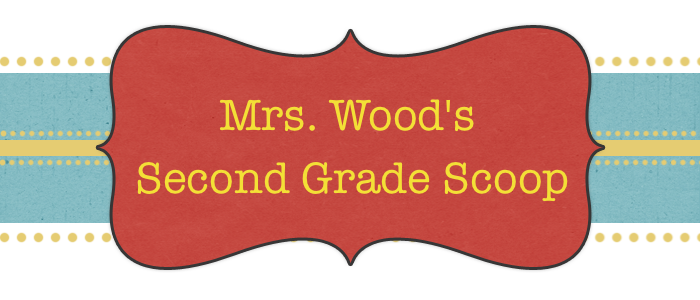Reader's Workshop
Every Monday morning your child shops for books in the classroom. He/she is able to keep about 10-12 picture books and 1-2 chapter books in his/her book box. If at anytime throughout the week your child has finished reading his/her books, he/she may shop for more another morning. Students have learned how to fill out a reading log, which is kept in his/her book box. The reading log is an important tool for your child and I. During an individual conference, I can look over the reading log to make sure your child is reading just right books and a variety of genres.
Students were also introduced to the CAFE board this week. We discussed various strategies good readers use to figure out a tricky word. We added these strategies to our CAFE board.
Writer's Workshop
This week we focused on practicing our "storyteller's voice" using picture plans. Students drew sketches across a film strip to tell their story. Then they practiced rehearsing their story using their "storyteller's voice." Students also wrote their first draft of a small moment, which is called a discovery draft. We also brainstormed ideas to stay productive during Writer's Workshop time.
Math Workshop
Please be sure to read the previous blog post regarding Math Magician. We have been working on our basic addition facts this week. Students were introduced to the facts table, and we discussed shortcuts for +0, +1, and +9. We also learned about turn around facts (8+2=10, 2+8=10) and our doubles facts 0-9. I showed students Touch Math points to help them quickly add basic addition facts rather than using their fingers. Our goal is for students to have basic facts memorized, but Touch Math is a great strategy to use to help students quickly answer basic facts. Ask your child to show you how to add using these touch points...
Science & Social Studies
This week we finished the mealworm/beetle section of our insect packet. Some students took home their darkling beetle. Some students are still patiently waiting for their mealworm to become a beetle. Students learned that some insects, such as the butterfly, have a complete life cycle (egg, larva, pupa, adult), and some insects, such as the milkweed bug, have an incomplete or simple life cycle (egg, nymph, adult).
In social studies we have been learning about the differences between three types of communities: urban, rural, and suburban. We will finish up our second social studies chapter and take our first social studies test by the end of next week. Your child will take home his/her social studies text book next week to reread chapters 1 and 2 to someone at home to review for his/her test.


No comments:
Post a Comment